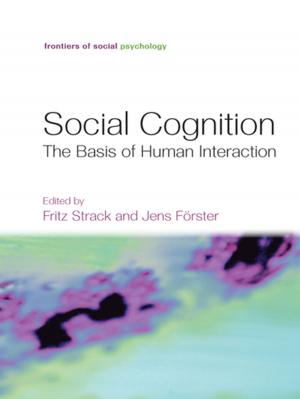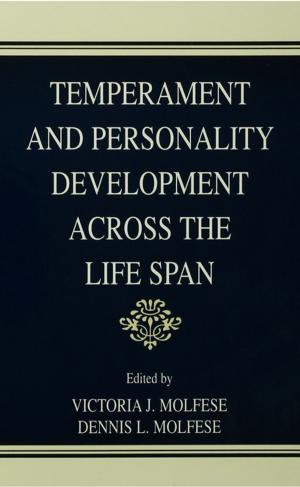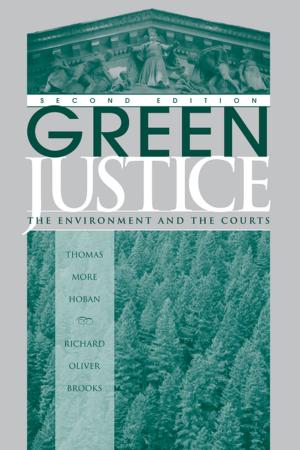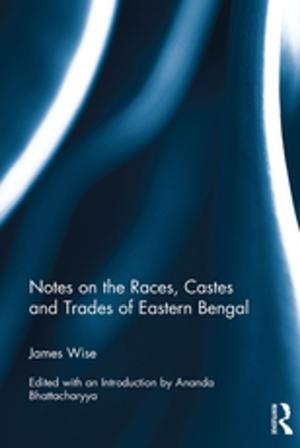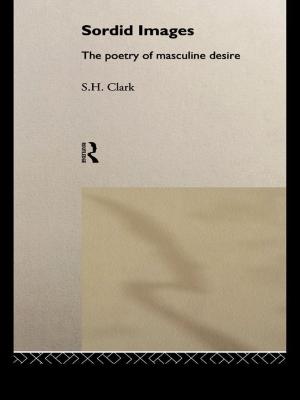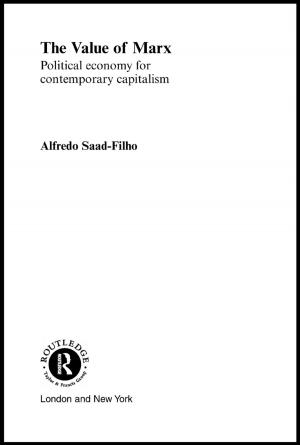Prose Poems of the French Enlightenment
Delimiting Genre
Fiction & Literature, Literary Theory & Criticism| Author: | Fabienne Moore | ISBN: | 9781351151269 |
| Publisher: | Taylor and Francis | Publication: | November 30, 2017 |
| Imprint: | Routledge | Language: | English |
| Author: | Fabienne Moore |
| ISBN: | 9781351151269 |
| Publisher: | Taylor and Francis |
| Publication: | November 30, 2017 |
| Imprint: | Routledge |
| Language: | English |
By examining nearly sixty works, the author traces the prehistory of the French prose poem, demonstrating that the disquiet of some eighteenth-century writers with the Enlightenment gave rise to the genre nearly a century before it is habitually supposed to have existed. In the throes of momentous scientific, philosophical, and socioeconomic changes, Enlightenment authors turned to the past to revive sources such as Homer, the pastoral, Ossian, the Bible, and primitive eloquence, favoring music to construct alternatives to the world of reason. The result, the author argues, were prose poems, including F lon's Les Adventures de T maque, Montesquieu's Le Temple de Gnide, Rousseau's Le L te d'Ephraïm, Chateaubriand's Atala, as well as many lesser-known texts, most of which remain out of print. The author's treatment of Bible criticism and eighteenth-century religious reform movements reveal the often-neglected spiritual side of Enlightenment culture, and tracks its contribution to the period's reflection about language and poetic invention. The author includes in appendices four unusual texts adjudicating the merits of prose poems, making evidence of their controversial nature now accessible to readers.
By examining nearly sixty works, the author traces the prehistory of the French prose poem, demonstrating that the disquiet of some eighteenth-century writers with the Enlightenment gave rise to the genre nearly a century before it is habitually supposed to have existed. In the throes of momentous scientific, philosophical, and socioeconomic changes, Enlightenment authors turned to the past to revive sources such as Homer, the pastoral, Ossian, the Bible, and primitive eloquence, favoring music to construct alternatives to the world of reason. The result, the author argues, were prose poems, including F lon's Les Adventures de T maque, Montesquieu's Le Temple de Gnide, Rousseau's Le L te d'Ephraïm, Chateaubriand's Atala, as well as many lesser-known texts, most of which remain out of print. The author's treatment of Bible criticism and eighteenth-century religious reform movements reveal the often-neglected spiritual side of Enlightenment culture, and tracks its contribution to the period's reflection about language and poetic invention. The author includes in appendices four unusual texts adjudicating the merits of prose poems, making evidence of their controversial nature now accessible to readers.

